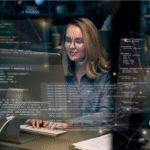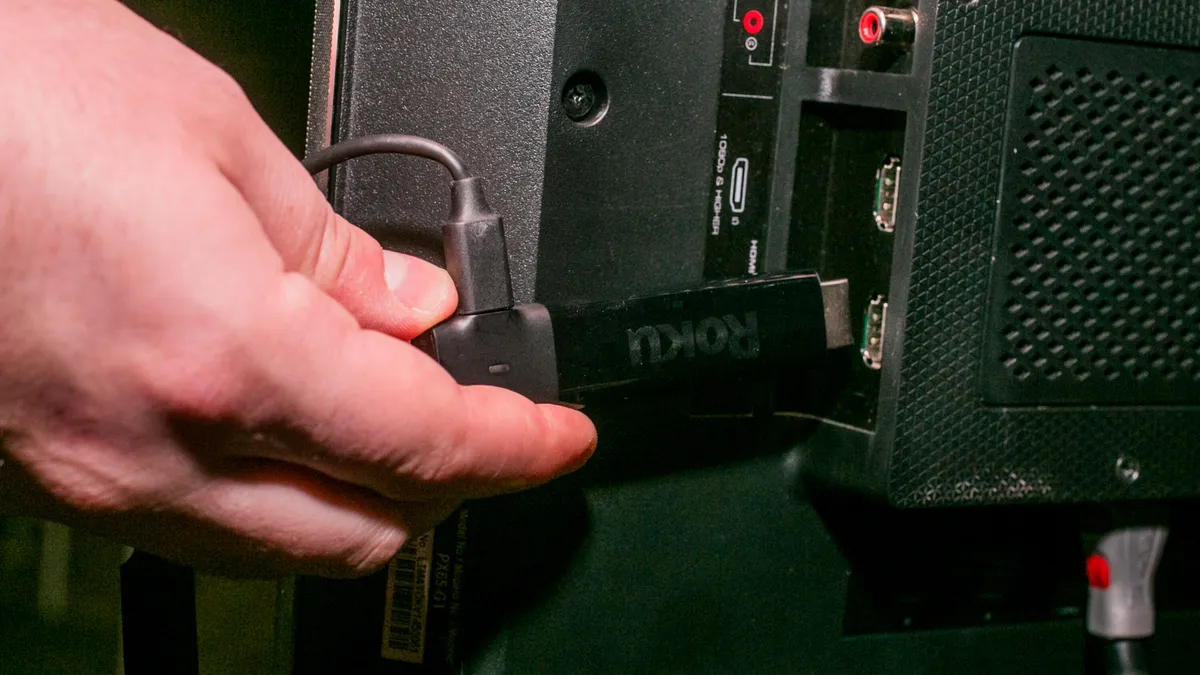The emergence of artificial intelligence has altered not just how we use technology but also how we develop it. Once seen as a logical and technical field, coding is currently changing due to the quick incorporation of AI platforms and technologies. A new era of programming that is more imaginative, dynamic, and approachable has been ushered in by this evolution. Developers are at a crossroads between automation and creativity as robots start to comprehend, anticipate, and even write code. Instead of posing a threat, this AI-infused environment encourages programmers to rethink the limits of their abilities.
AI as a Cooperative Software Development Partner
Coding has changed in the AI era from being a single act of writing syntax lines to becoming a conversation between a human and a machine. These days, developers use AI-powered assistants like Amazon CodeWhisperer, GitHub Copilot, and other intelligent coding platforms that can suggest entire codebases, troubleshoot issues, and autocomplete tasks. By managing time-consuming or repetitive processes, these tools enhance human talents rather than taking the role of programmers. This enables developers to concentrate more on advanced design, innovation, and problem-solving. Coders can improve efficiency and optimize their workflow while creating new avenues for creative exploration by working with AI.
Using AI to Democratize Coding
AI’s contribution to democratizing access to software development is among the most important changes it has brought about in programming. In the past, learning to code needed years of practice and a thorough comprehension of languages like Python, Java, or C++. With the advent of AI-powered no-code/low-code platforms and natural language programming interfaces, people with no technical expertise may now create useful apps. Users can specify desired functionality in simple English using platforms such as OpenAI’s Codex, and the system will generate functioning code in response. Because of this change, more people—including designers, entrepreneurs, educators, and business owners—can realize their ideas without having to overcome the challenging learning curve that programming once required.
Using Automation to Unlock Creativity
An unanticipated consequence of AI’s expanding use in coding is increased inventiveness. AI solutions let developers think more creatively and take risks by automating repetitive processes like boilerplate creation, documentation, and syntax formatting. Coders can now prioritize what to develop and why to build it, rather than concentrating on how to do it. This encourages a way of thinking that is closer to artistic expression than to conventional engineering, making these creative AI jobs even more appealing than before. Developers are urged to experiment with different solutions, iterate rapidly, and realize original ideas more swiftly than in the past. AI thus acts as a stimulant for creative software development, enabling more creative digital goods and richer user experiences.
Implications for Ethics and Coders’ Responsibilities
The combination of AI with coding opens up a world of possibilities, but it also brings up important moral and philosophical issues. Concerns about algorithmic bias, data privacy, intellectual property, and responsibility are raised when AI systems write and alter code more frequently. If an AI-generated script injures someone or infringes on their rights, who bears the blame? How do we make sure autonomous systems are fair and transparent? These inquiries require that contemporary developers possess not only technological expertise but also knowledge of responsible innovation and ethical thinking. In the era of artificial intelligence, programmers can influence the digital world, but they also have a responsibility to use that power responsibly.
Hybrid Intelligence and Lifelong Learning: The Future of Coding
A hybrid form of intelligence, in which humans and machines continuously learn from one another, is where programming is headed. AI will create more individualized development environments by learning from developers’ coding preferences, styles, and creative tendencies in addition to helping them. The rapid advancement of technology also requires programmers to commit to lifelong learning. Future programmers will need to comprehend machine learning principles, AI foundations, and human-computer interaction. To educate the next generation for this collaborative future, educational institutions and IT groups need to modify their curricula. Curiosity and flexibility will be just as crucial in this changing environment as technical proficiency.
The developers who accept AI as a creative ally, appropriately utilize its power, and consistently push the limits of what is possible will be the most successful as we continue to explore this new frontier. Coding isn’t just about computers writing code; it’s about people and AI working together to create the future.











